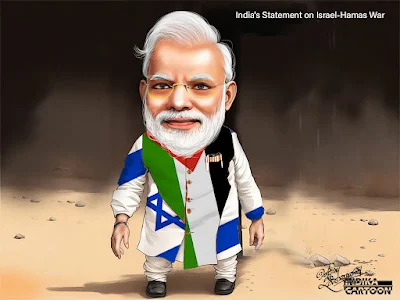Politicians putting pressure on people can manifest in various ways, some of which may include:
Policy Pressure:
Politicians may use their power to implement policies that put pressure on certain groups or individuals. This could be through taxation policies, regulatory measures, or changes in legislation that affect specific demographics.
Rhetorical Pressure:
Politicians may employ rhetoric that pressures people to conform to certain beliefs or behaviors. This could involve using fear tactics, exaggerations, or misleading information to manipulate public opinion and coerce compliance.
Social Pressure:
Politicians often wield significant social influence, and they may use their platforms to pressure individuals or groups into supporting their agenda. This can involve rallying supporters, demonizing opponents, or ostracizing dissenters.
Economic Pressure:
Politicians may leverage economic power to exert pressure on individuals or businesses. This could involve offering incentives for compliance, threatening punitive measures for non-compliance, or manipulating economic conditions to achieve desired outcomes.
Legal Pressure:
Politicians may utilize the legal system to exert pressure on individuals or organizations. This could involve initiating investigations, filing lawsuits, or passing laws that target specific groups or behaviors.
Media Pressure:
Politicians often have relationships with media outlets and may use them to apply pressure on people indirectly. This could involve controlling the narrative, shaping public discourse, or influencing public opinion through selective dissemination of information.
Overall, the ways in which politicians put pressure on people can vary widely depending on their goals, the political context, and the tools at their disposal. While some forms of pressure may be legitimate and necessary for governance, others can be manipulative or oppressive, undermining democratic principles and individual freedoms.
To what extent can politics put pressure on the media?
Politics can exert significant pressure on the media, impacting its ability to operate independently and fulfill its role as a watchdog and provider of unbiased information. This pressure can manifest in several ways:
Ownership and Control:
Politically affiliated individuals or entities may own or control media organizations, influencing the editorial direction and content produced. This can lead to biased reporting or suppression of information that is unfavorable to those in power.
Advertising Revenue:
Media outlets often rely on advertising revenue to sustain their operations. Politicians or political parties may use their control over advertising budgets to reward favorable coverage or punish critical reporting. Additionally, businesses may withhold advertising dollars from media outlets that publish unfavorable stories about them or their allies.
Access to Information:
Politicians have control over access to information, including press conferences, official statements, and government data. They may restrict access to journalists who are critical of their administration or provide preferential treatment to those who toe the party line.
Legal and Regulatory Pressure:
Governments can pass laws and regulations that directly or indirectly constrain media freedom. This could include defamation laws used to silence criticism, licensing requirements that restrict the number of media outlets, or regulations that limit foreign ownership of media companies.
Intimidation and Harassment:
Politicians or their supporters may intimidate journalists through threats, harassment, or legal action. This can create a chilling effect, discouraging reporters from investigating sensitive topics or holding those in power accountable.
Propaganda and Disinformation:
Politicians may disseminate propaganda or disinformation through state-controlled media or by manipulating social media platforms. This can confuse the public and undermine trust in independent journalism.
Cooptation:
In some cases, politicians may coopt journalists by offering them access, favors, or exclusive information in exchange for favorable coverage. This can compromise journalistic integrity and undermine the media's role as a watchdog.
Overall, the extent to which politics can put pressure on the media depends on factors such as the level of press freedom, the strength of democratic institutions, and the willingness of journalists to resist undue influence. Maintaining a free and independent media is essential for democracy, as it ensures that citizens have access to accurate information and can hold their leaders accountable.













.jpg)




.png)














.jpeg)


